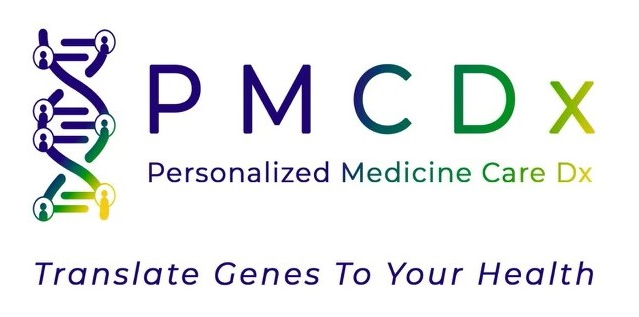| ATM |
Heterozygous pathogenic variants in ATM may be associated with an increased risk for prostate cancer, and possibly for a more aggressive form of cancer if it is developed. However, the evidence is contradictory. Additional research is needed. |
PubMed: 26662178, 27989354, 27595995,1248000, 15928302, 15942625 |
| BRCA1 |
Autosomal dominant pathogenic variants in the BRCA1 gene are associated with an increased risk for prostate cancer. |
PubMed: 9497246, 12677558, 17416853, 20301425, 22846731 |
| BRCA2 |
Autosomal dominant mutations in the BRCA2 gene are implicated in the hereditary breast and ovarian cancer syndrome (HBOC). Additionally, biallelic mutations in BRCA2 gene are associated with autosomal recessive Fanconi anemia Type D1 . |
PubMed: 12065746, 12677558, 9497246, 17416853, 18042939, 20301425, 22846731 |
| MSH6 |
Heterozygous pathogenic variants in the MSH6 gene cause Hereditary Non-Polyposis Colorectal Cancer (HNPCC), also known as Lynch Syndrome, which is associated with an increased risk for prostate cancer. |
PubMed: 23530095, 24434690, 24425144, 20301390, 23462293 |
| EPCAM |
Heterozygous pathogenic variants in the EPCAM gene cause Hereditary Non-Polyposis Colorectal Cancer (HNPCC), also known as Lynch Syndrome, which is associated with an increased risk for prostate cancer. |
PubMed: 23530095, 24434690, 24425144, 20301390, 23462293 |
| MLH1 |
Heterozygous pathogenic variants in the MLH1 gene cause Hereditary Non-Polyposis Colorectal Cancer (HNPCC), also known as Lynch Syndrome, which is associated with an increased risk for prostate cancer. |
PubMed: 23530095, 24434690, 24425144, 20301390, 23462293 |
| MSH2 |
Heterozygous pathogenic variants in the MSH2 gene cause Hereditary Non-Polyposis Colorectal Cancer (HNPCC), also known as Lynch Syndrome, which is associated with an increased risk for prostate cancer. |
PubMed: 23530095, 24434690, 24425144, 20301390, 23462293 |
| NBN |
Heterozygous pathogenic variants in NBN (also known as NBS1) have been associated with a number of malignancies including melanoma, non-Hodkins lymphoma, medulloblastoma, and colorectal, prostate, and breast cancers . Other studies have shown possible associations with aplastic anemia and acute lymphoblastic leukemia. Biallelic pathogenic variants in NBN have been associated with Nijmegen Breakage syndrome (NBS). Individuals with NBS generally have progressive intellectual disability, growth retardation and immunodeficiency, and are at an increased risk for a variety of cancers, including lymphoma, glioma, and medulloblastoma. |
PubMed: 14973119, 15185344, 16474176, 16770759, 18079974, 19908051, 21514219,15338273,11325820, 20301355; OMIM: 609135, 251260 |
| PMS2 |
Heterozygous pathogenic variants in the PMS2 gene cause Hereditary Non-Polyposis Colorectal Cancer (HNPCC), also known as Lynch Syndrome, which is associated with an increased risk for prostate cancer. |
PubMed: 23530095, 24434690, 24425144, 20301390, 23462293 |
| TP53 |
Heterozygous pathogenic variants in the TP53 gene are associated with Li-Fraumeni syndrome, a condition that increases risk for many types of cancer. |
PubMed: 20301488, 26014290, 2614290; OMIM: 151623, 191170 |
| HOXB13 |
Heterozygous pathogenic variants in HOXB13 are associated with an increased risk for prostate cancer. |
PubMed: 22236224, 24026887, 22841674, 23457453; OMIM: 604607 |
| CHEK2 |
Heterozygous pathogenic variants in CHEK2 are associated with an increased risk for prostate cancer, as well as other CHEK2-related cancers. |
PubMed: 25431674, 16998506, 18172190, 21876083, 27595995, 15492928, 11719428, 20597917, 21807500, 21876083, 21956126, 23713947, 23296741, 24240112, 24599715, 24879340, 28283864 |
